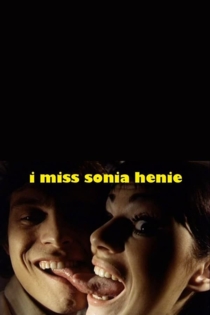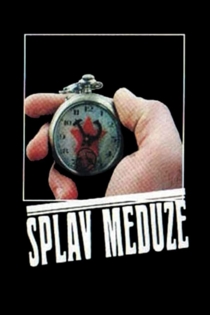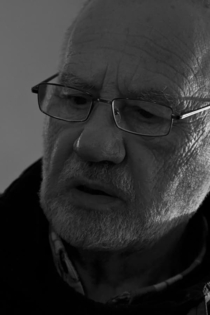
Karpo Aćimović-Godina
1943 (82 года)Druga linija
Nenad Milošević
Karpo Aćimović-Godina, Slavko Bogdanović
Druga linija aka The Other Line is a product of many years of research of neo-avant-garde cultural and art scene in Novi Sad, Serbia (late 60s and 70s), which has been marginalized until today. This artistic movement was directly connected not only with important art centers of the former Yugoslavia, but also with existing flows of world art during its brief and productive activities (7e Biennale de Paris, 19th Berlinale). The cultural and artistic emancipation of that time had implied individual freedom of expression and strong reaction to established boundaries. This avant-garde movement had become threat to communist establishment, the authors' work were sabotaged, the films were sealed off, five artists were taken to trial, two were sent in prison. How is it that the retrograde mechanism of shutting down and removing the most creative and representative progressive impulses of our surrounding is still so current to this day?
The Other Line

Zabranjeni bez zabrane
Milan Nikodijević, Dinko Tucaković
Dušan Makavejev, Lazar Stojanović
Through the conversation with Yugoslav film authors and excerpts from their films, this documentary film tells a story of a film phenomenon and censorship, and its focus is, in fact, a painful epoch of Yugoslav film called “a Black Wave”, which was the most important and artistically strongest period of Yugoslav film industry, created in the sixties and buried in the early seventies by means of ideological and political decisions. The film tells a great “thriller” story of the ideological madness which characterised the totalitarian psychology having left multiple consequences felt up to our very days. It stresses similarities between totalitarian regimes defending their taboos on the example of the persecution of the most important Yugoslav film authors. Those film authors have, however, made world careers and inspired many later authors. The film is the beginning of a debt pay-off to the most significant Yugoslav film authors.
Censored without Censorship
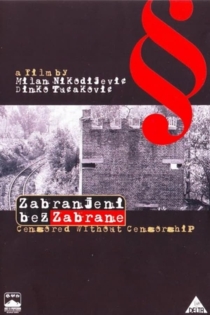
Zdravi ljudi za razonodu
Karpo Aćimović-Godina
"Zdravi ljudi za razonodu"("Healthy People For Fun" or "The Litany of the Healthy People") by Karpo Godina, Yugoslavia 1971, portrays the peoples living in the multicultural Yugoslavian province Vojvodina (today part of Serbia). "Nations and ethnic groups in the province of Vojvodina live in harmonious coexistence. However, members of the same ethnic groups paint facades of their houses the same color -- Croats red, Hungarians green, and Slovaks blue... The film delighted audiences at the premiere and won an award at the Belgrade Documentary and Short Film Festival, but it was soon banned because of alleged subversive elements.
Healthy People for Fun
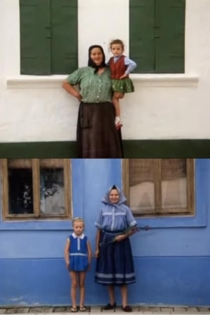
Gratinirani mozak Pupilije Ferkeverk
Karpo Aćimović-Godina
Oblak Bard, Manca Čermelj
Plotless and wordless, beautifully edited shots of young (often naked or semi-naked) people in various positions, illustrating different emotions, actions and situations, underlined by rock music.
The Gratinated Brains of Pupilija Ferkeverk

Zgodba gospoda P.F.
Karpo Aćimović-Godina
The mysterious, charming Mr. P. F., the protagonist of this full-length documentary film, is a sportsman, inventor, owner of more than 400 patents and a cosmopolitan who knew life in Europe's most glamorous cities. His inquisitiveness and the spirit of cosmopolitanism lured him to Switzerland, where he only just started living. Very quickly he ended up among the European rich elite and they accepted him as one of them. He was a millionaire who was thought to be a billionaire and who also lived like a billionaire.
The Story of Mr. P. F.
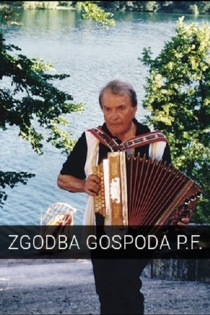
Rdeči Boogie, ali Kaj ti je deklica
Karpo Aćimović-Godina
Ivo Ban, Boris Cavazza
Comedy about a group of musicians who are sent to play to villagers and workers to raise morale during a 5 year plan. The trouble is they prefer to play jazz and boogie music to the traditional folk songs, and each time they try their jazz they are reprimanded by the local party secretary.
Red Boogie

Piknik v nedeljo
Karpo Aćimović-Godina
Hida Anžlovar, Lovro Arnić
After film school, Godina’s first professional work as a director was “Picnic on Sunday,” a 1968 black-and-white short without any words that shows how seven different people spend a Sunday. A simple concept, but in Godina’s hands the short is suffused with both sexuality and revolution. - Paste
Picnic on Sunday

Umetni raj
Karpo Aćimović-Godina
Jürgen Morche, Vlado Novak
Los Angeles in 1935. Fritz Lang receives in his hotel apartment the young film amateur Willy, who wants to prepare an interview with him. At a certain moment Lang starts relating how, as an army officer in the First World War, he spent some time in the house of the lawyer Karol Gatnik in a small town in the northeast of Slovenia. Lang makes friends with Gatnik and gets aquainted with all members of his family. When Lang finds out that Gatnik is a passionate film amateur and that he also possesses his own camera, they make a film together. This is probably Lang’s first contact with cinematography. Late at night Lang looks at the photographs in Los Angeles and revives in his spirit the imaginary meeting with his friend Gatnik.
Artificial Paradise
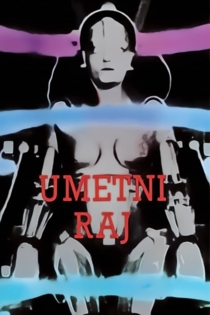
Nedostaje mi Sonja Henie
Dušan Makavejev, Mladomir 'Puriša' Đorđević
Brooke Hayward, Sonja Henie
One camera in one setting, one attic and eight young directors – the result is a unique Dadaistic collage of seven short sketches. The original task for each filmmaker was to keep each short under three minutes, to set it in one hotel room, and to include the sentence “I miss Sonja Henie." This experimental film was shot over a single night at the international film festival FEST in Beograd in 1971.
I Miss Sonia Henie
